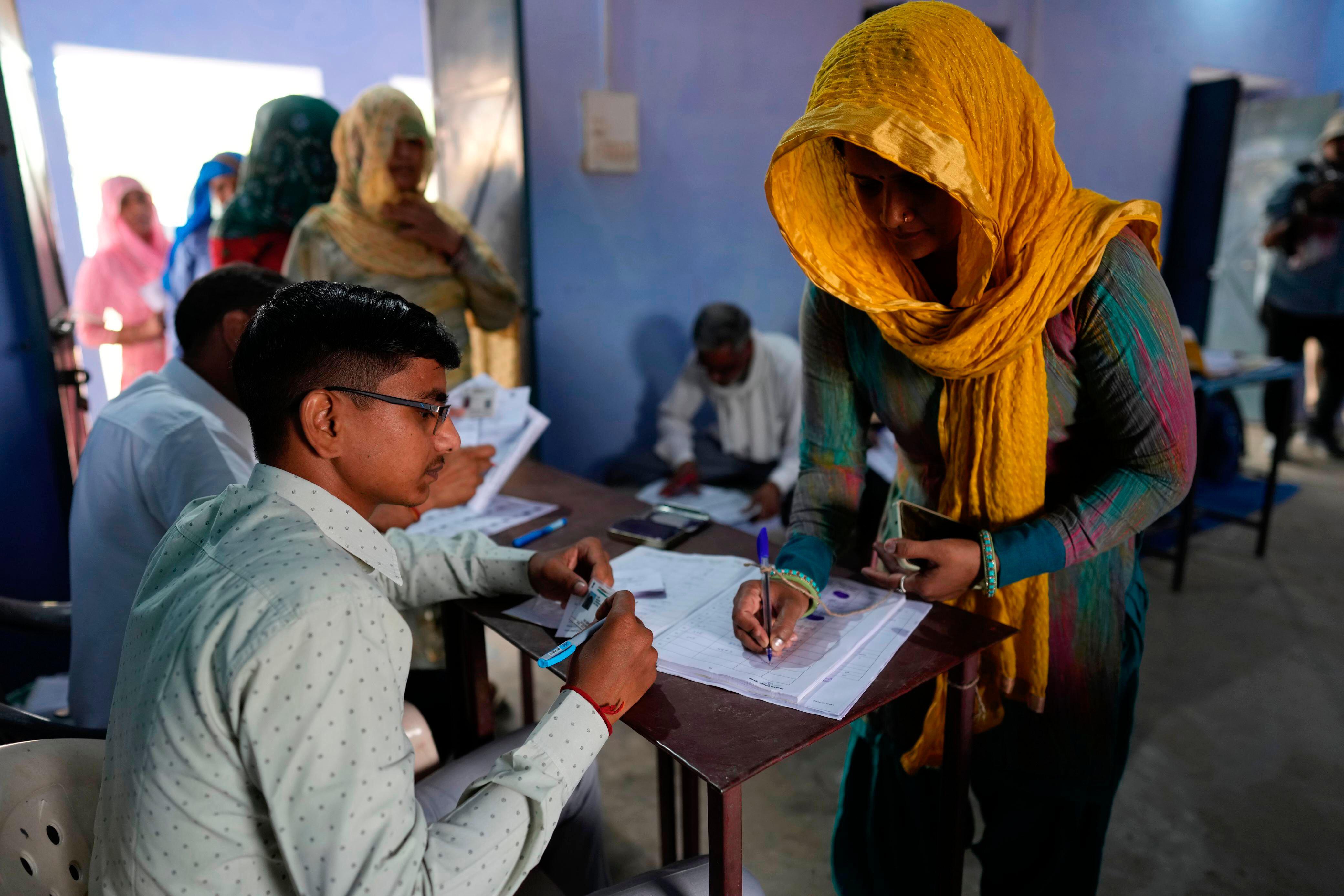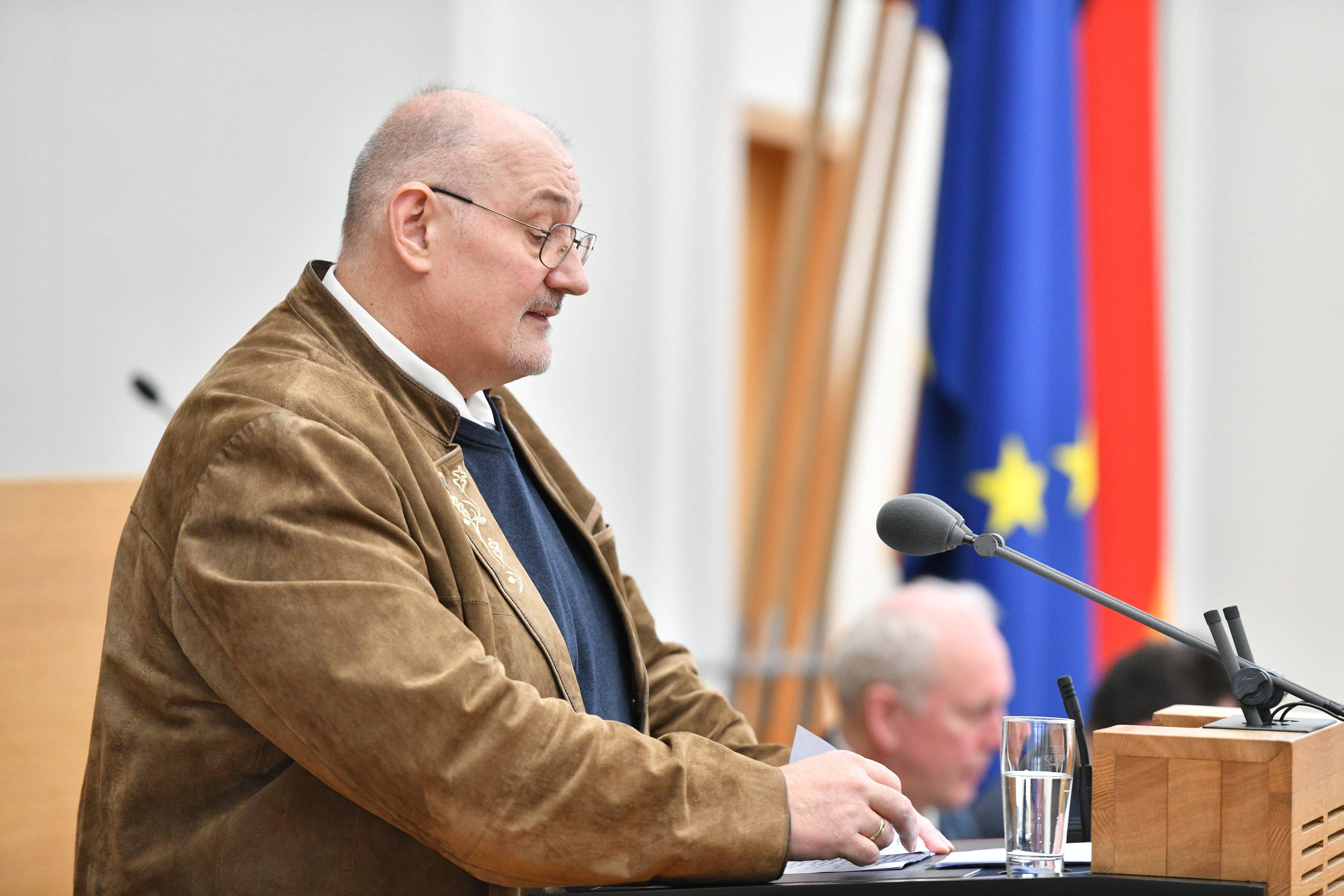A firm rejection of far-right ideology by Germany’s bishops has led to populists being expelled from Church committees, and prompted calls for clear political guidelines for even voluntary posts in Catholic associations.
Several bishops have cited their conference's February statement “Ethnic nationalism and Christianity are incompatible” to condemn the growth of the far-right.
Christoph Schaufert, deputy leader for the Alternative for Germany (AfD) party in the Saarland state assembly, refused to renounce such views and was thus stripped last week of his parish board post in Neunkirchen, near Saarbrücken. He was also declared ineligible for any other position in the Diocese of Trier.
“Whoever represents a party that defames, insults, harasses or denies people the right to asylum because of their origin, language, religion or culture and thus assaults their human dignity is not acceptable in Church service,” said Trier’s vicar general Fr Ulrich von Plettenberg.
He cited the anti-Hitler resistance as an inspiration for his decision, which he later said had drawn praise but also led to some departures in protest from the Church.
In Weil am Rhein near the Swiss border, a woman who read stories to children in two Catholic kindergartens lost her unpaid post because she ran as an AfD candidate in a local election.
The Diocese of Münster has declared “extremists” cannot serve on its parish councils, and several national Catholic associations, including a youth union, women’s leagues and business federations, have declared populists unwanted.
“The Gospel is not apolitical. Thinking it's only about heaven or hell is wrong,” said Bishop Gerhard Feige of Magdeburg.
Archbishop Stefan Heße of Hamburg said: “We cannot stand idly by as a party … tries to abolish democracy using the means of democracy.” He joined bishops from eastern German in a statement condemning the AfD in January, even before the bishops’ conference declaration.
In Berlin, where a lay diocesan advisor resigned in January after his meeting with far-right figures was revealed, Archbishop Heiner Koch defended the Church's outspoken stand.
“We in Germany have experienced what it means when you react too late or not at all,” he said.
AfD politicians have complained to the Vatican. “Let them do it,” a Church spokesman told German television. “We're not impressed.”
This year, Germany faces elections for the European Parliament, local councils in nine states and assemblies in three eastern states that the AfD is expected to win.
There were over 100 rallies around Germany against the far-right this year after a secret meeting on “remigration” – a populist euphemism for the mass expulsion of foreigners – was exposed.
Bishops said they want Catholics to engage far-right supporters in discussions to wean them off such thinking, but have found it necessary to mark boundaries.
Bishop Franz Jung of Würzburg accused populists of pursuing votes by inflating their opposition to appear Catholic. “They’re not, definitely not,” he said.



 Loading ...
Loading ...